- Tesla laid off almost all of its Supercharger, new car, and public policy teams on April 30, absolutely shocking many within the EV industry.
- Nearly all automakers and charging companies have been converting to Tesla’s NACS charging system, and the news has taken them by surprise.
- Tesla CEO Elon Musk said that Tesla still plans to expand the Supercharger network, “just at a slower pace.”
On Tuesday, April 30, 2024, news broke that Tesla was laying off most, if not all, of its teams working on the Supercharger network, new cars, and public policy, creating tremendous shockwaves throughout the entire EV industry.
ADVERTISEMENT
The news blindsided a wide variety of automakers gearing up to equip new EVs for their customers to use the Tesla Supercharger network, since the network had opened to other EVs in a move that was encouraging for broader EV adoption. General Motors, Ford, and others said that the layoffs would not affect their plans to implement Tesla’s North American Charging Standard (NACS) charging in their vehicles.
Compatibility was a major problem for charging, which is currently being solved by switching to Tesla’s NACS charging standard. Tesla’s extensive Supercharger network, which has a high rate of reliability, uses its NACS technology. The previously competing Combined Charging System (CCS) EV charging technology is in the process of converting to NACS as the new connector standard. Another, more broad name for NACS will be the SAE J3400 standard, as specified by the Society of Automotive Engineers.
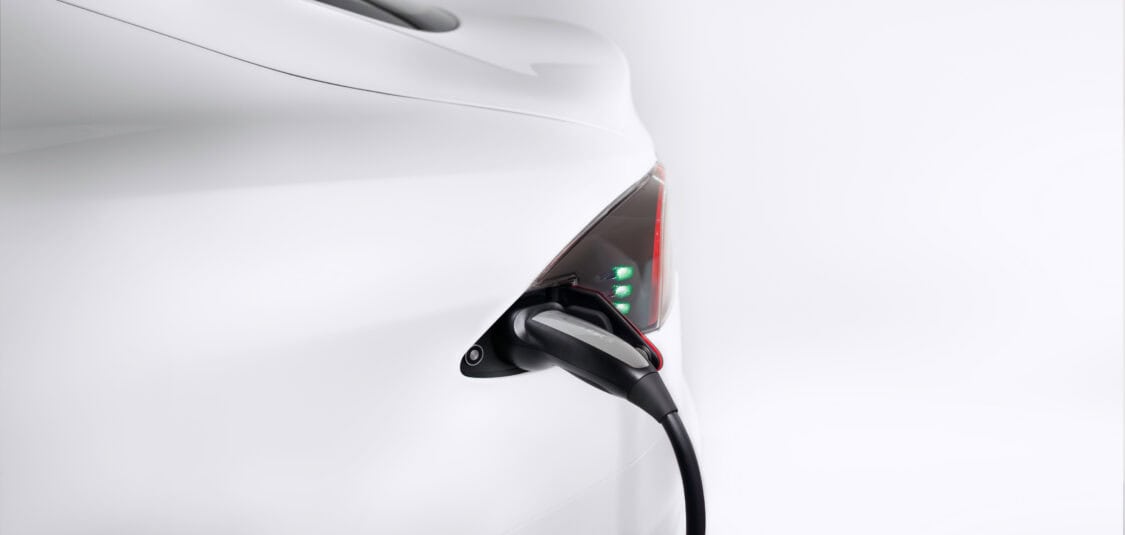
Rebecca Tinucci, Senior Director of EV Charging, and most or all of the staff that operated and maintained the system were laid off. Tesla CEO Elon Musk said that Tesla still plans to expand the Supercharger network, “just at a slower pace for new locations and more focus on 100% uptime and expansion of existing locations.”
“More Than 10%” of Tesla Global Workforce Laid Off in April
The news came on the heels of layoffs at Tesla of “more than 10%” of the company’s global workforce in April. The layoffs were in the U.S., China, and Germany. The reason given for the layoffs was because of “duplication of roles and job functions in certain areas,” according to Musk’s company-wide email at the time, in an effort to cut costs.
The first quarter of 2024 was a tough time for Tesla. Tesla’s shares dipped significantly in Q1, taking a 29% plunge. This was the company’s worst stock performance since 2022. Also in Q1, Tesla’s global vehicle deliveries fell by 8.5%. Tesla has cut prices many times to boost sales, most recently in April, cutting the U.S. prices of its Model Y, Model X, and Model S by $2,000 each. Most analysts believe Tesla can’t continue to cut prices any further.
Threat From Low-Priced Chinese EVs is Looming
Some credit China with Tesla’s two rounds of layoffs in April. This week, all eyes in the global EV industry are on the 2024 Beijing International Automotive Exhibition, running from April 25 to May 5. A wide variety of impressive new electric vehicles, charging, and related technology is on display.
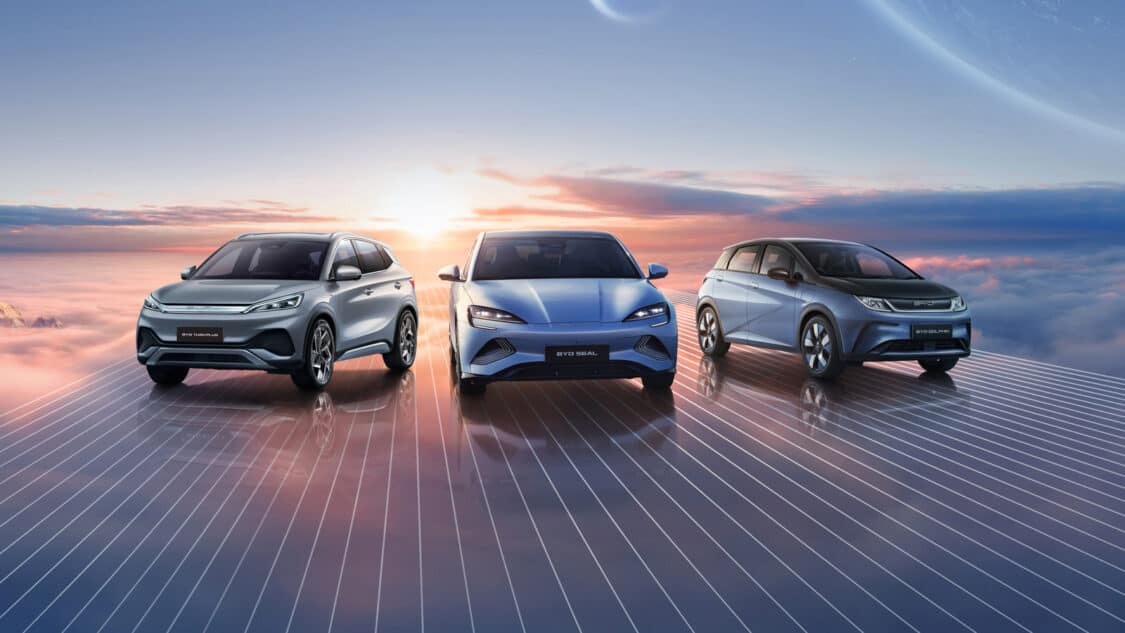
The most notable among Tesla’s Chinese competitors is BYD. In 2023, BYD enjoyed record-breaking sales volume, surpassing its annual sales target of 3 million. BYD became the global new energy vehicle sales champion for 2023, keeping the same title from 2022.
ADVERTISEMENT
Trade barriers are preventing Chinese EVs from entering the U.S. market; however, in the global market, BYD and other Chinese brands are seriously hurting Tesla’s sales. BYD’s vertical integration gives it a great advantage over all other OEMs.
AI, Robotics, Robotaxis, and Affordable Tesla Models
In a call with analysts earlier this month, Musk said that he is focused on opportunities in artificial intelligence, robotics, and autonomous robotaxis. In April, Tesla said the company plans to start production of new affordable models in “early 2025 if not late this year.” News surrounding the layoffs didn’t mention the new affordable models, so they appear to still be on track.
This is welcome news for the EV revolution, as affordable models have been missing from the beginning. The new affordable Tesla models would open the EV market to a huge number of new buyers, helping both Tesla and EV adoption concurrently.
Public EV Charging, a Highly Profitable Business Opportunity
On April 9, Bloomberg BNEF estimated that “annual worldwide public-charging revenue will rise to $127 billion by 2030, with probably the most familiar company — Tesla — on track to mop up $7.4 billion, or around 6%, of all that business.”
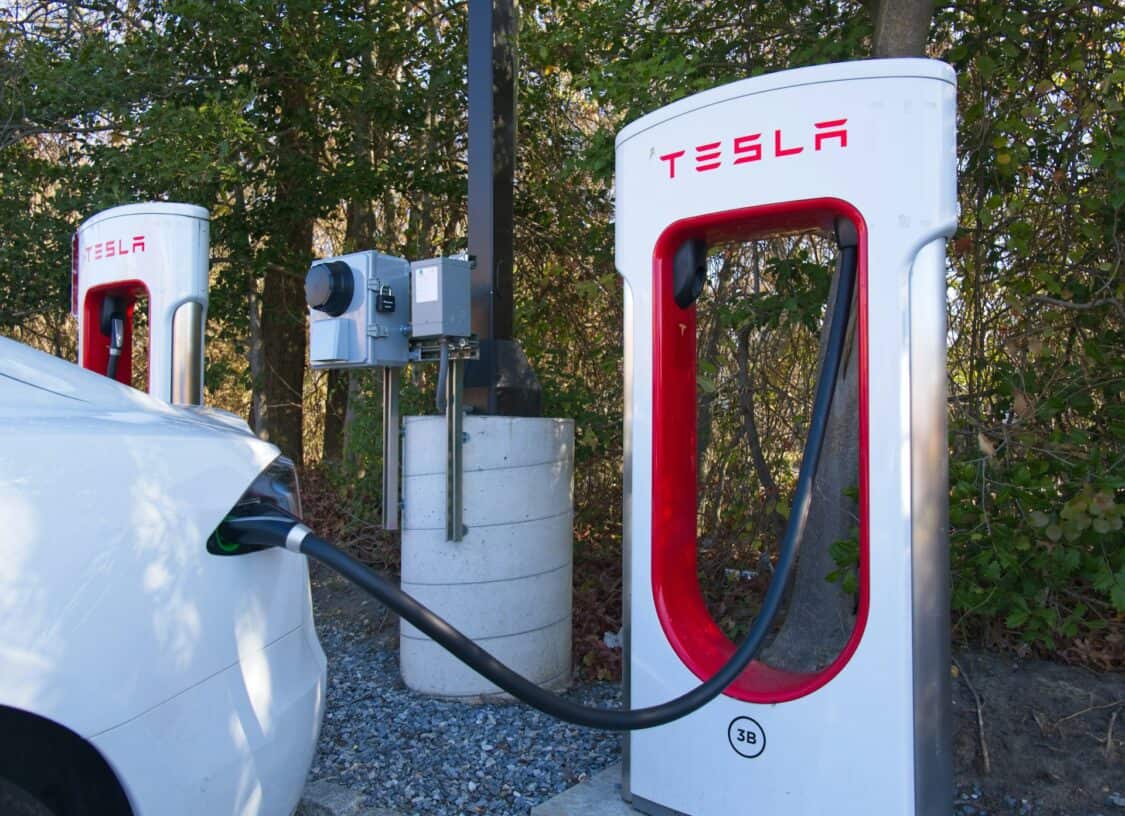
With Tesla’s future investment in its charging network now uncertain, this leaves the lucrative public charging market open for other companies to invest more heavily and reap the tremendous profit possibilities.
What Does This Mean for the Future?
Among industry analysts, there are a wide variety of opinions why the layoffs happened and what the future holds for the Tesla Supercharger network and Tesla itself, as it struggles to address the slowdown in growth of EV sales worldwide and in the U.S. Obviously, lots more public and other forms of charging are needed to sell more EVs globally and in the U.S. and expand the EV industry as it moves to mass adoption.
Tesla’s layoffs of lots of highly qualified and experienced professionals open a great hiring opportunity for charging companies that choose to invest more heavily in the highly lucrative public EV charging segment.
Regardless of what happens, this round of layoffs by Tesla should not cause undue concern. The EV revolution remains very robust, even as growth slows slightly at the moment. The future of EVs remains very bright, as it becomes the new normal for the automotive industry worldwide and in the U.S., replacing polluting internal combustion engine vehicles, creating a healthier environment and fighting climate change.
ADVERTISEMENT

FEATURE IMAGE: @IAMATEAPOT ON UNSPLASH
FTC: We use income-earning auto affiliate links. Learn more.


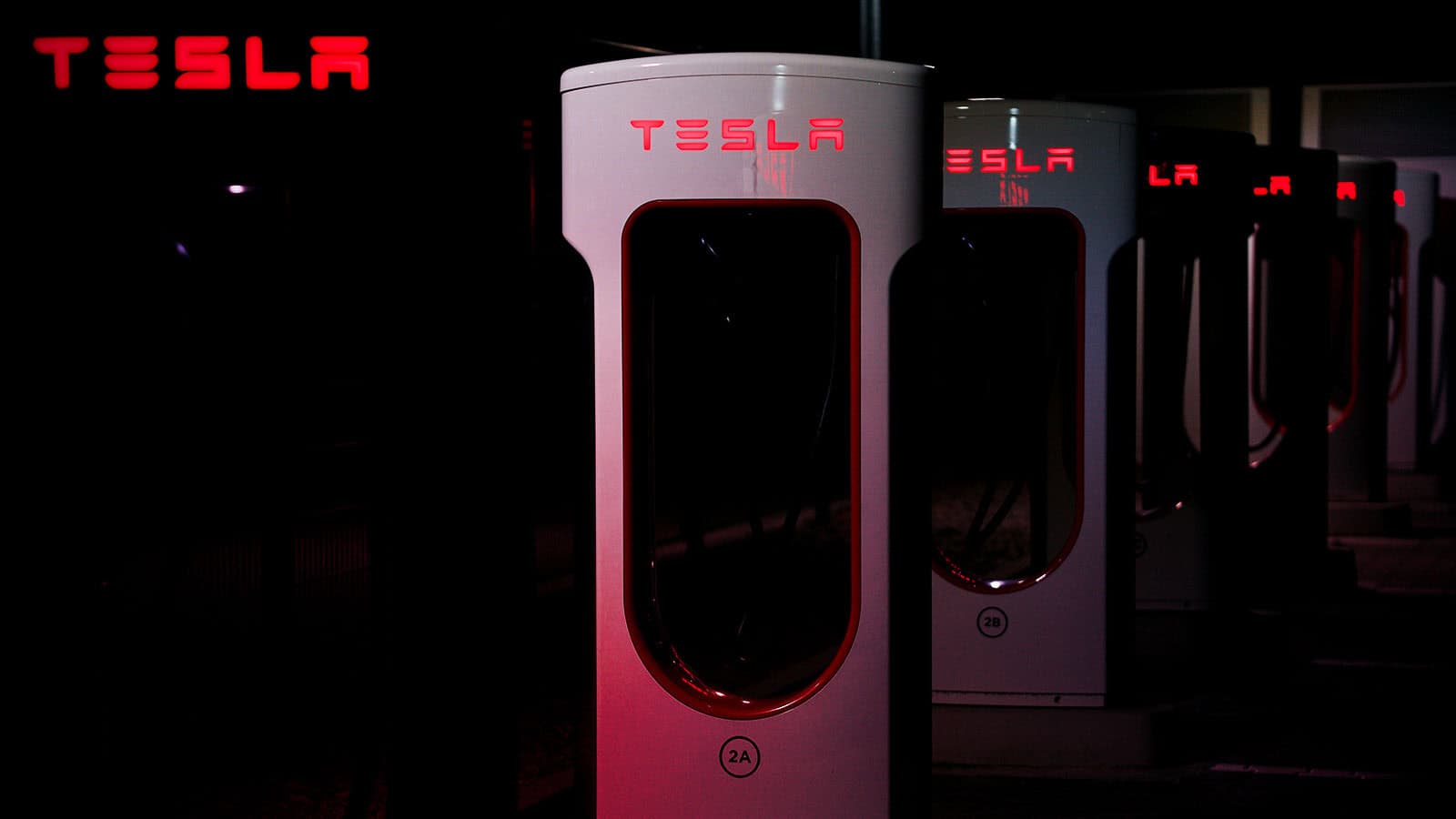



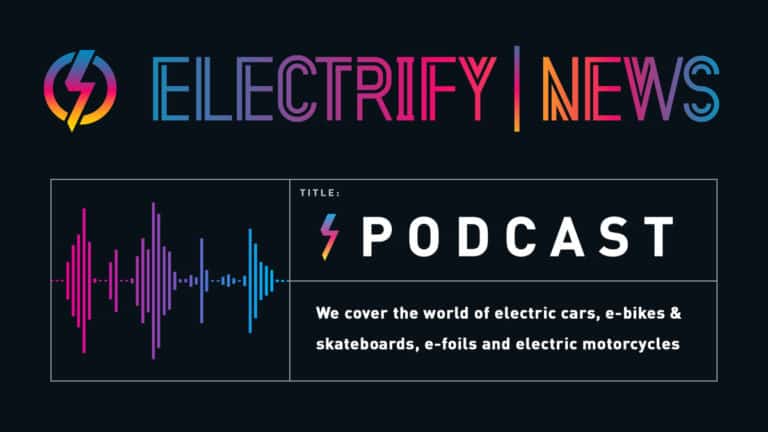
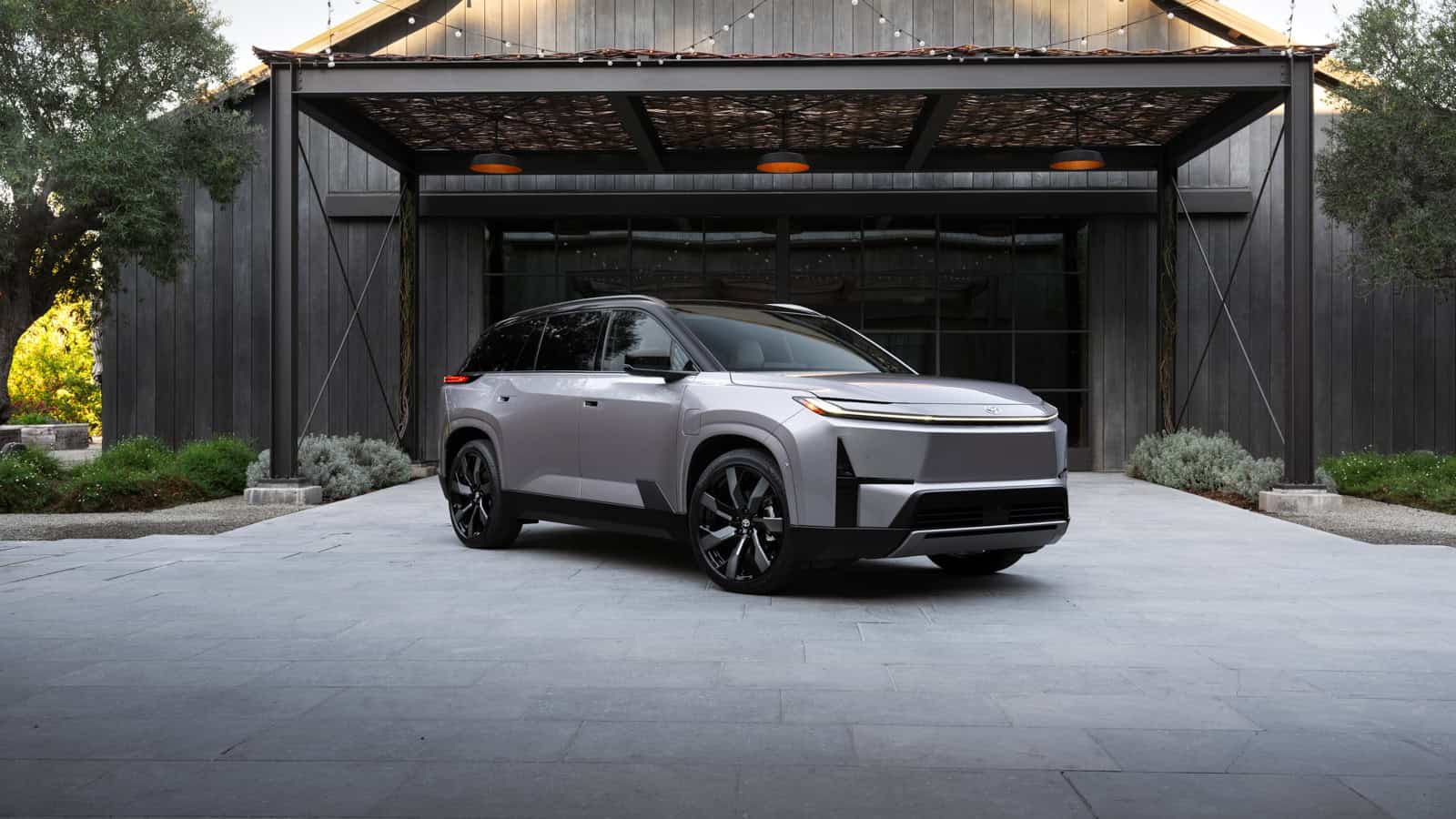
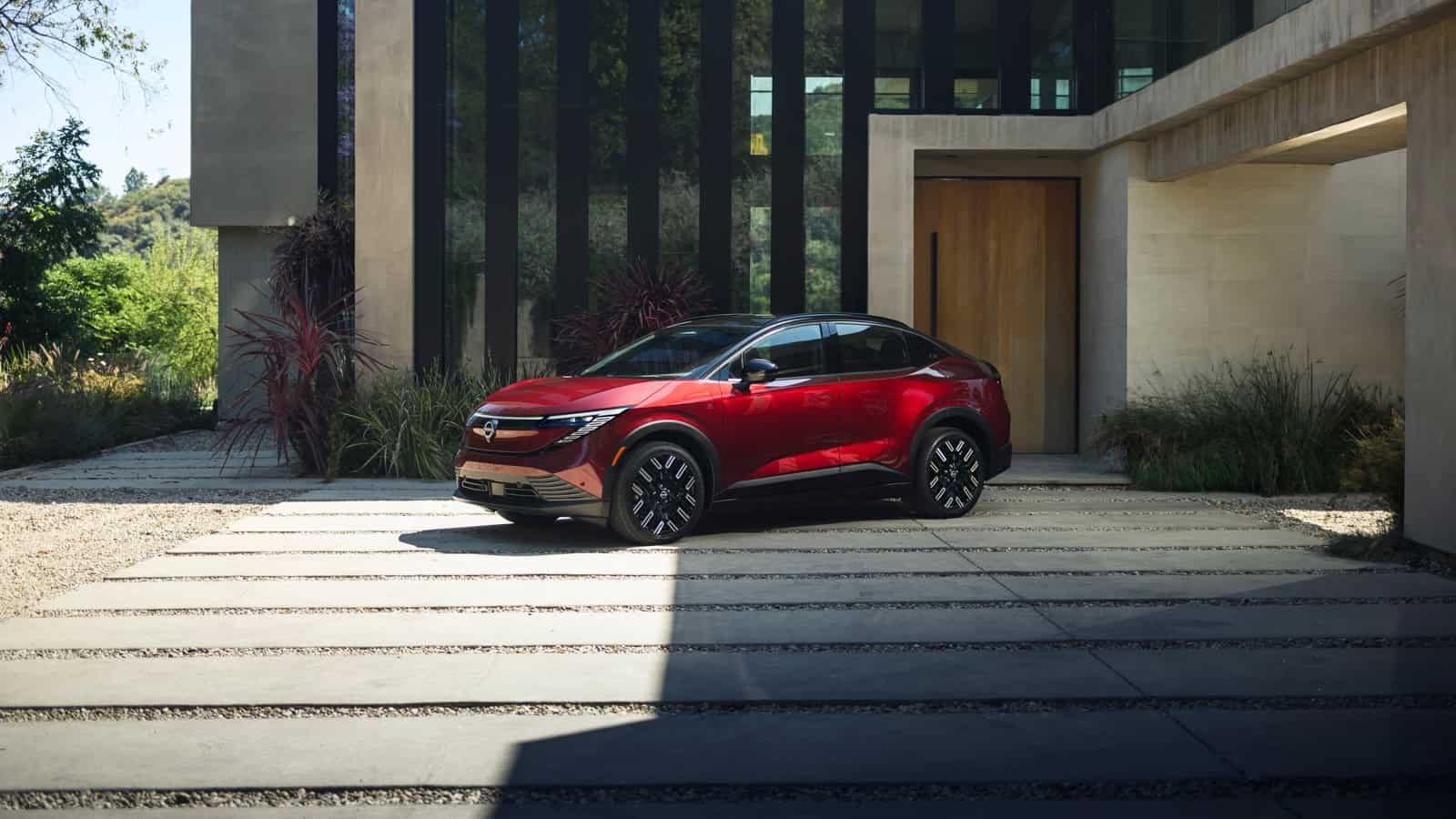
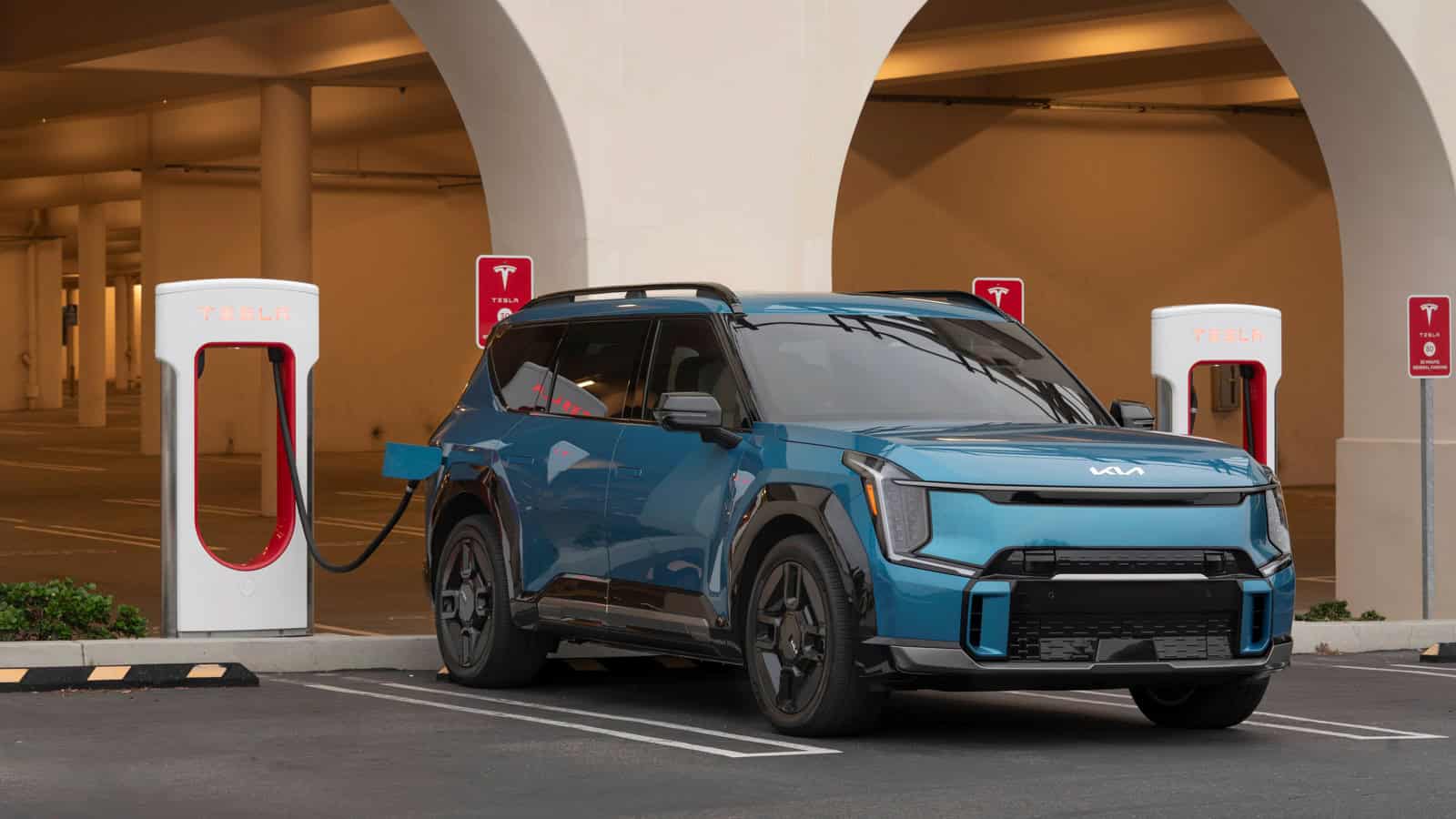
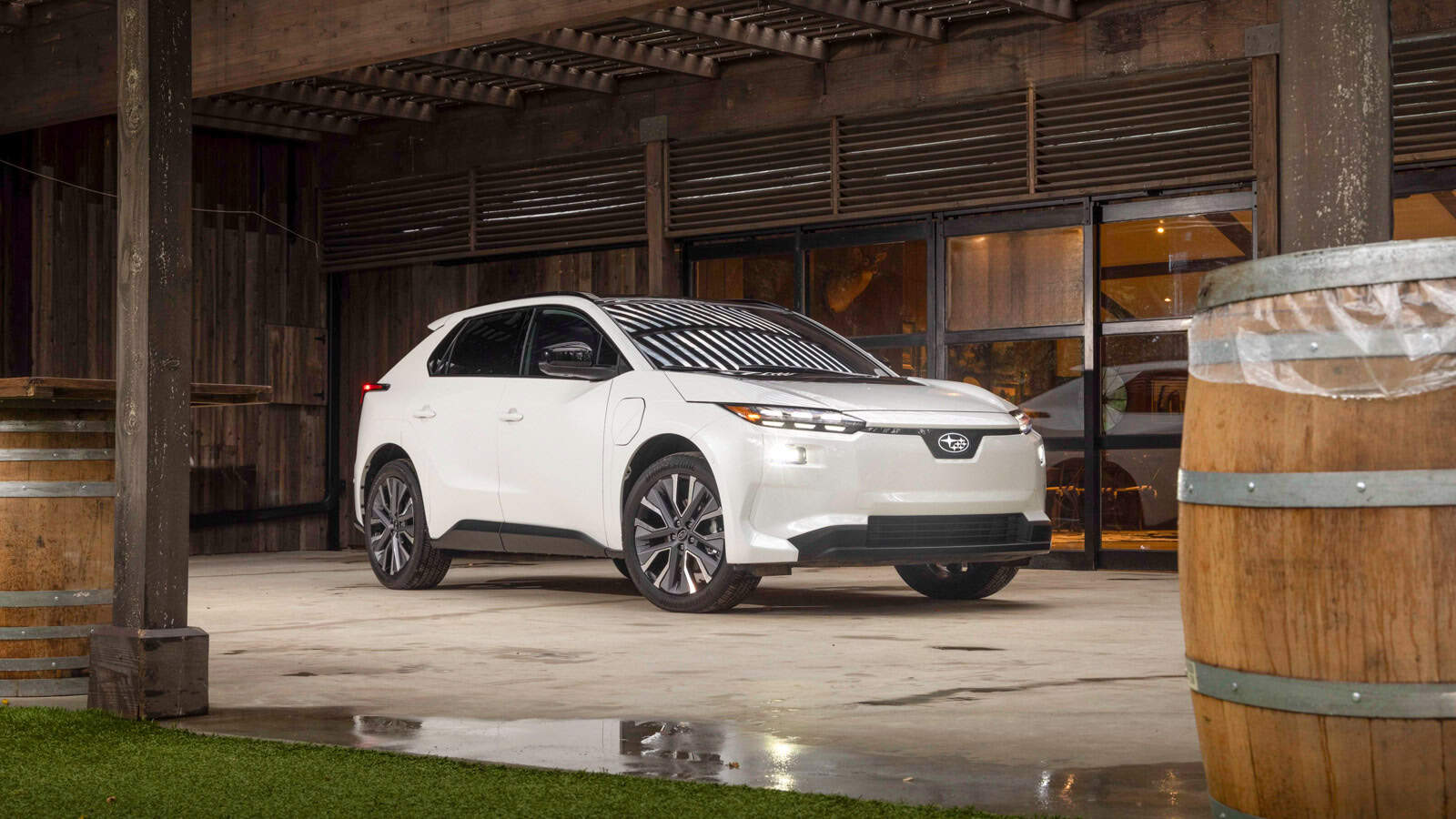
4 Responses